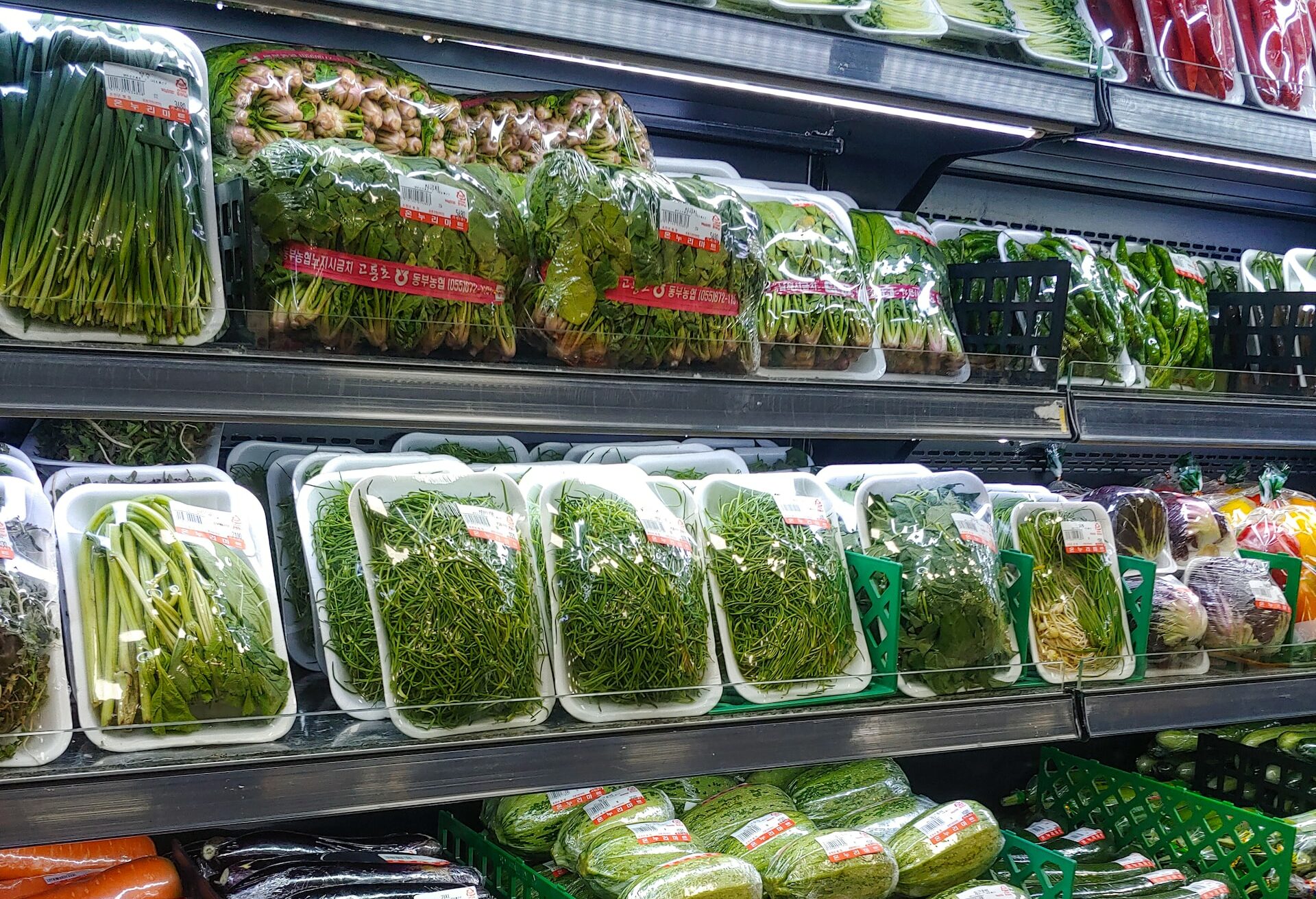EU regulation on packaging, the apocalypse of bagged salad has escaped

Here is what it foresees and what the comments were on the negotiating text of the new EU regulation on packaging adopted yesterday by the European Parliament. Facts, numbers and background
It was supposed to be the end of bagged salads, disposable bags for fruit and vegetables and disposable tableware in catering and, instead, the negotiating text on the new EU regulation on packaging – approved yesterday by the European Parliament – has taken on much less rigid contours , to the great satisfaction of Italy which, from right to left, had promised battle in the name of industrial workers in the sector and its recycling capacity.
The European Commission's initial proposal , in fact, favored reuse over recycling, which however would imply a heavy use of water and energy to wash and redistribute the containers.
Now the text passes into the hands of the EU Council of Ministers for the Environment.
WHAT THE NEW EU REGULATION ON PACKAGING PROVIDES
Regarding the general objectives of packaging reduction, the text provides that 5% must be reached by 2030, 10% by 2035 and 15% by 2040. For the reduction of plastic packaging waste, however, the 10% by 2030, 15% between now and 2035 and 20% by 2040.
All packaging – with some temporary exceptions, such as in the case of food packaging made of wood and wax – must be recyclable.
The new regulation also requires EU countries to guarantee the separate collection of 90% of the materials contained in packaging (plastic, wood, ferrous metals, aluminium, glass, paper and cardboard) by 2029.
THE EFFECTS ON PRODUCTS
The declared desire to ban the sale of very light plastic bags (less than 15 microns), those of fruit and vegetables, resists – on paper – but not if necessary "for hygienic reasons or supplied as primary packaging for loose foods, to help to prevent food waste." So, they will continue to exist .
The text then calls for "strongly" limiting the use of "certain single-use packaging formats", such as miniature hotel packaging for toiletries and shrink-wrap for suitcases at airports. However, single-portion sachets of salt and sugar are not at risk.
In general, the ban on using micro-packaging is lifted if operators demonstrate that they recycle at least 85% of packaging.
The obligation to reuse wines and spirits is also excluded. Milk is also among the exempt drinks. Contrary to what was previously foreseen, the possibility of using cardboard packaging for large household appliances has been maintained.
The text clarifies, however, the requirements for reusing or refilling packaging, with final distributors of drinks and takeaway food in the catering sector (including hotels, restaurants and bars) expected to offer consumers the option to bring and use your own container.
To prevent negative health effects, however, the use of bisphenol A in packaging in contact with food and the so-called Pfas – also known as "perennial chemicals" due to their difficult, as well as expensive, nature – have been banned. destruction.
THE VOTE OF THE EU PARLIAMENT
The negotiating text on the new EU regulation on packaging was approved with 426 votes, 125 against, 74 abstentions. The Democratic Party, the 5 Star Movement, the Greens and, of the majority, only Forza Italia voted in favour. Although they say they are satisfied with the changes, the Lega and Fratelli d'Italia also believe that the text is "still unbalanced towards reuse" and for this reason they voted against it.
COMMENTS
“The European Parliament's negotiating position on the proposed packaging regulation allows common sense and science to win”. This is the comment of the Minister of the Environment and Energy Security Gilberto Pichetto Fratin. Confindustria echoes this and also speaks of the victory of science.
And its former president, Antonio D'Amato, who fought hard to soften the initial proposal, states that it was a result achieved thanks to "transversal collaboration between the political forces of all European countries, guided by the strong push of the Italian government and MEPs". Among these, Paolo De Castro of the Democratic Party who also cited the "Italian teamwork".
Distribution and industry associations, from Assografici to Federvini, Unionplast and Anfima, also define it as a "victory for businesses", but farmers' organizations also rejoice, fearing negative effects on food exports.
This is a machine translation from Italian language of a post published on Start Magazine at the URL https://www.startmag.it/economia/regolamento-ue-sugli-imballaggi-scampata-lapocalisse-dellinsalata-in-busta/ on Thu, 23 Nov 2023 11:00:04 +0000.
